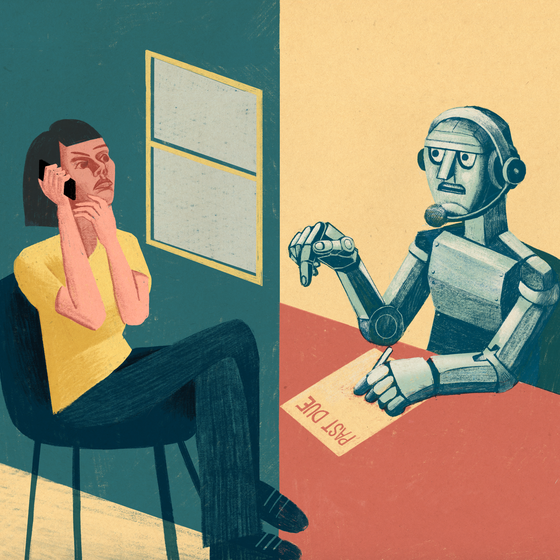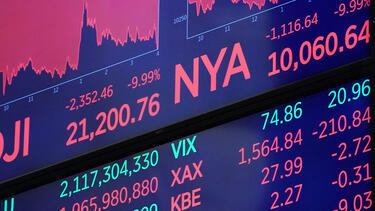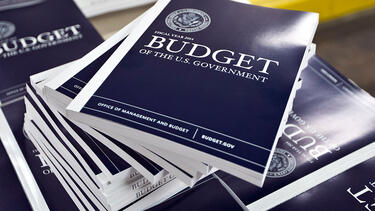Finance
Can AI Replace Human Debt Collectors?
New research co-authored by Yale SOM Professor James Choi finds that people are less likely to follow through on a commitment to repay a debt if it’s made to an AI agent. The finding hints at one area where humans may always retain an advantage over bots.

Investing in Vietnam’s Future
Venture capitalist Eddie Thai ’12 says that the pandemic is doing economic damage to Vietnam’s globalization-driven tech sector, even as some companies in his portfolio see their valuations grow.

Crashes and COVID-19 in Historical Context
The stock markets are reeling as fear and uncertainty about the global pandemic grow. We asked Yale SOM’s William Goetzmann, whose research includes financial history, to put the volatility into historical perspective.

What the Plunge in the Stock Market Means for Individual Investors
We asked Yale SOM’s James Choi, who has examined the implications of academic research for personal finance, what studies say about how to respond to a market crash.

Study Finds Declaring Bankruptcy May Not Hurt Future Employment Prospects
Hundreds of thousands of Americans declared bankruptcy during the Great Recession. A new study co-authored by Yale SOM’s Paul Goldsmith-Pinkham examines the effect on their employment prospects.

Single Women Get Lower Returns from Housing Investments
A new study from Yale SOM’s Kelly Shue and Paul Goldsmith-Pinkham finds that single women who buy and sell real estate lose out on an average of $1,600 per year.

Should We Worry about the Trillion-Dollar Deficit?
We asked William English, a professor in the practice of finance and a former economist at the Federal Reserve, how the deficit and the ballooning national debt affect the economy and the ability of Congress and the Fed to fight future recessions.

Aspiring to Be the Next Silicon Valley? Think Twice
A study by Yale SOM researchers suggests that when venture capital funding in a metropolitan area increases, industries with customers outside the region suffer and income inequality widens.

What’s Next for Alibaba?
The giant China-based conglomerate Alibaba raised more than $13 billion in November in a stock offering on the Hong Kong Stock Exchange. We asked Yale SOM’s Heather Tookes and Matthew Spiegel, who have studied the performance of companies after IPOs, what their research suggests about Alibaba’s prospects and its next steps.

In Finance Field, Gender Disparities Are Significant—But Shrinking
More women are being hired for finance positions at top business schools, according to a study co-authored by Yale SOM's Heather Tookes, but progress is slow. The study suggests that this may be due to limited collaborator networks.

What We Talk about When We Talk about Stock Market Crashes
Yale SOM’s Robert Shiller examines how the stock market rise of the 1920s, the crash of 1929, and the Great Depression that followed came to be seen as a tale of recklessness and divine punishment.
